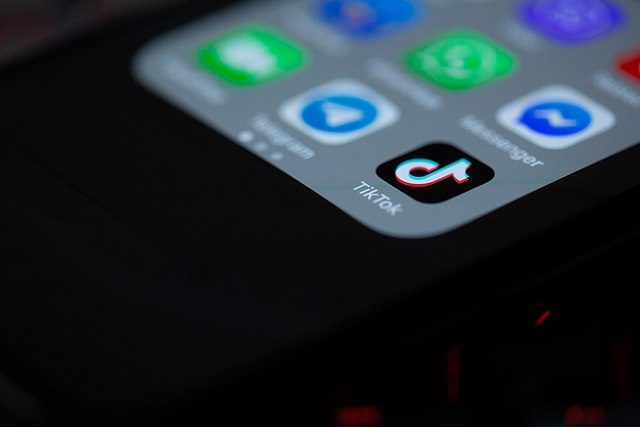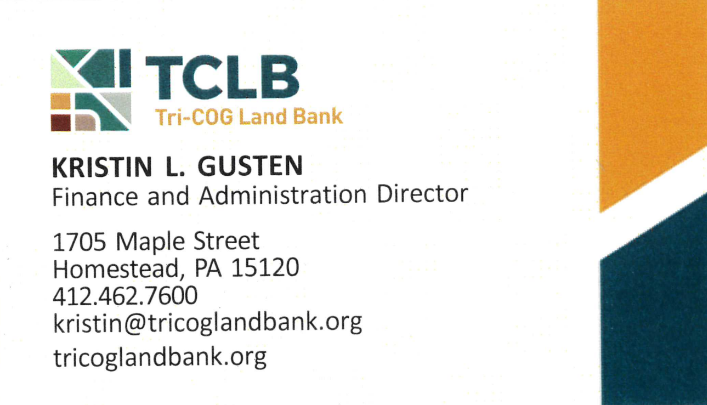Opinion: Those fad diets on TikTok have been around a long time
Photo by Solen Feyissa via Wikimedia Commons
Long-time Tik Tok diets create unrealistic and harmful standards for younger audiences.
April 13, 2023
With the rise of social media, different diet trends have surfaced, just to be forgotten again soon after. But these supposedly new and groundbreaking diets are not magic – just rebranded weight loss methods that have been around forever.
For example, the “carnivore diet” rose to fame with the popularity of “What I Eat in a Day” TikTok videos. The diet consists of eating low-carb, high-fat meals to help with gut issues and reducing body fat.
The diet has become a sort of meme on online platforms, with many TikTok users poking fun at the participants, some of whom post clips of themselves eating full sticks of butter and big steaks for every meal.
The lifestyle stems from the ketogenic or keto diet, which is far from new. It is a diet that consists of eating fewer carbohydrates so that the body will burn fat for energy instead of the food consumed. James W. Wheless from The National Library of Medicine wrote that the diet was created in 1920 as an epilepsy treatment, but diets using similar processes have been around since about 500 BC.
The carnivore diet, however, only allows participants to eat meat and animal products – completely cutting out fruit, vegetables, bread, and processed foods from their daily meals. Many videos have been posted of TikTokers who follow this diet giving each other meal inspiration. Some of the popular recipes included putting half a stick of butter in a cup of coffee and making pizza with ground beef substituting for the traditional crust.
Participants of the “raw vegan” diet are the opposite. Those on this diet eat strictly raw and unprocessed fruit, vegetables, seeds, and nuts. The raw vegan diet is similarly popular on social media, especially TikTok and Instagram.
The diet also gained popularity through “What I Eat in a Day” videos, with participants posting videos of themselves eating very large quantities of fruits and vegetables. For instance, videos commonly showed people in the community eating full watermelons or multiple pounds of strawberries.
The raw vegan diet, however, is just another form of veganism and usually is not for attempted weight loss. Fewer viewers have hopped on to this lifestyle compared to the carnivore diet, but some still have.
Although not a diet, “What I Eat in a Day” videos have created their own problems and arguments throughout TikTok. The videos started as a way to show off recipes and meal inspirations but have quickly spiraled into users altering what they eat for social validation.
Once the trend became popular, videos flooded in of predominantly teenage girls and women documenting every meal, snack, and drink they had throughout the day. Most of these videos attracted hate, with others doubting the legitimacy of the videos.
Some women were accused of toxic behaviors or of pretending to eat more than they did. Others were either told they were unhealthy or that they were faking the videos and didn’t document all their meals.
This then led to people actually faking their content to seem like they eat the “correct” amount of the “right” variety of foods.
Overall, though, none of these trends are inherently harmful.
For instance, the raw vegan diet is just another way for partakers to participate in veganism while straying away from artificial ingredients. The diet could even fight and reduce the risk of diseases, said dietitian Maxine Smith on the Cleveland Clinic website. Even the “What I Eat in a Day” trend can be a creative source of meal prep and recipe ideas.
The real problems often stem from the lack of balance that can come from uninformed participants who do not do research before trying trends they see online.
Another problem can come from younger users seeing videos and thinking certain diets and lifestyles will make them look exactly like the creators.
Many dietitians and nutritionists agree that health issues, age, and metabolism play a huge role in someone’s weight. It is not realistic to assume that simply eating the same as another person can produce a person’s dream body – especially since these creators are only showing a 20-second clip of their lives.
If users took the time to plan and consult with a doctor before trying extreme trends that promise weight loss or better lifestyles, the diets would be a lot safer.




